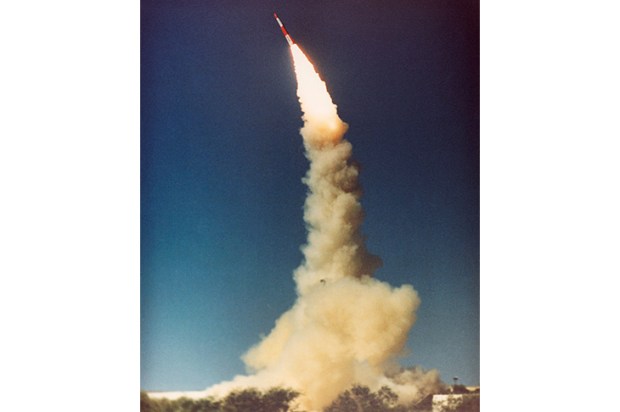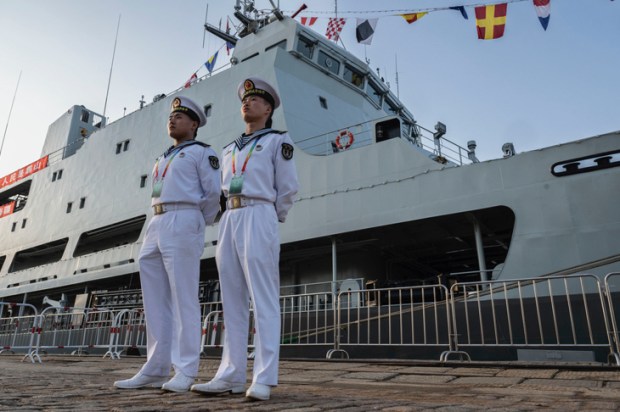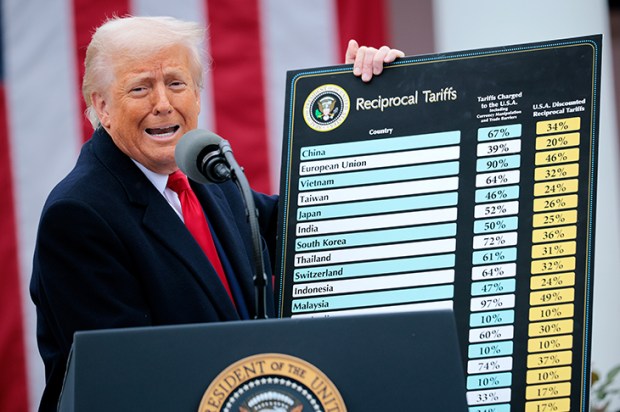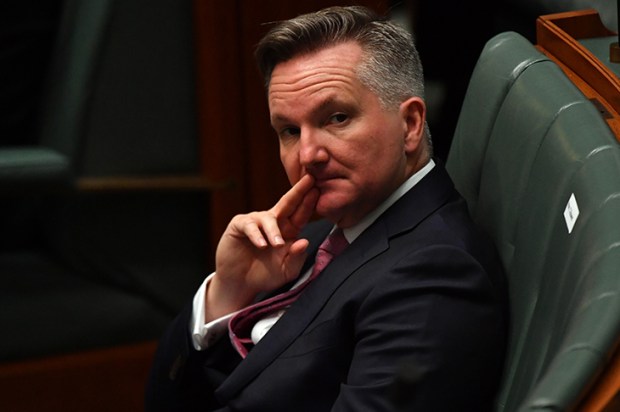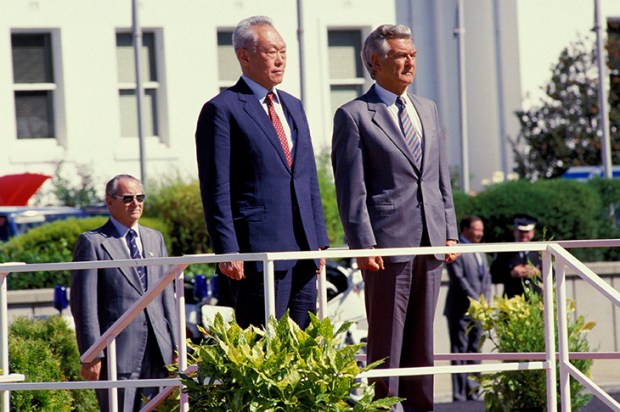Who won the debate? No, not the wooden set piece between Mr Albanese and Mr Dutton that had all the charisma of the 23rd Congress of the Communist party of the Soviet Union. The real debate is the one on X between Trump’s Senior Counsellor for Trade and Manufacturing, Peter Navarro, the key architect of Trump’s ‘Liberation Day’ tariffs, and Trump’s Senior Advisor to the President on Government Efficiency, Elon Musk, leader of the Department of Government Efficiency, aka the Top Dog at Doge. If anything is going to make free trade great again, it is the no-holds-barred slanging match between All the President’s Men, playing out in real time on X.
The stoush started when Navarro described Musk as ‘not a car manufacturer’ but ‘a car assembler’ who relies on imported parts. In fact, according to Cars.com’s 2024 American-Made Index, the top vehicle contributing most to the US economy in terms of assembly location, parts sourcing, and employment is the Tesla Model Y, which is 70 per cent made in the USA, with the Tesla Model S in 4th place and the Tesla Model X in 9th place. In second place is Honda, also with three cars in the top 10, and Volkswagen, Toyota and Jeep round out the list. This is what on-shoring looks like. This is what Navarro thinks he is trying to encourage, except that automotive manufacturers are already doing it and Musk more than anyone.
Musk, the world’s greatest champion of free speech, didn’t hold back tweeting that ‘Navarro is truly a moron’ and ‘dumber than a sack of bricks’, dubbing him ‘Peter Retarrdo’ and pointing out that what Navarro tweeted was ‘demonstrably false’, that ‘Tesla has the most American-made cars’, and if Navarro didn’t believe him he should ‘ask the fake expert he invented, Ron Vara’ — a fictional character that Navarro uses in his books and policy papers, whose name is a very obvious anagram of Navarro.
Nobody could accuse Navarro of using foreign imports to cook up his policy prescriptions. His tariff policy borrows from Alexander Hamilton’s industrial nationalism, the Reagan-era Japan panic, Smoot-Hawley protectionism, and Trump’s hatred of trade deficits that he irrationally equates with losing.
Trump and Navarro may not like it, but there’s a good reason automotive manufacturers rely on a complex, global supply chain. It helps them to make better, more competitively priced cars. As David Ricardo (1772–1823) pointed out, free trade increases total wealth for all nations by encouraging specialisation and efficiency, lowering prices for consumers and promoting peaceful international relations through economic interdependence, while tariffs distort the natural flow of trade, make goods more expensive, and waste a country’s resources on industries where it has no comparative advantage.
It is obvious that China has not played by World Trade Organisation rules. It has flagrantly engaged in intellectual property theft and forced technology transfers, given heavy state subsidies to industries and used state-owned enterprises to distort markets, and it has erected all sorts of barriers to investment while demanding access to other markets. Historically, it also engaged in currency manipulation, particularly in the 2000s and early-2010s, intervening to keep the yuan low and make Chinese exports more competitive globally. Today, China’s manipulation is less heavy-handed, but it still intervenes strongly to prop up exports during slowdowns.
Worse, China is spending the hard currency it earns to engage in the most aggressive military buildup since the end of the Cold War, with a massive naval expansion that has already given it the largest navy in the world by ship count, if not by sophistication. It is also developing hypersonic missiles, rapidly expanding its nuclear arsenal, militarising the South China Sea, and engaging in openly imperialist policies to corner global resources while openly threatening sovereign countries with annexation.
Yet, while everyone knows that poor Taiwan is being threatened daily by the bully on its doorstep, it turns out that the annexation of Australia is already being discussed by hotheaded intellectuals on Chinese social media, hidden from the prying eyes of the West by the Great Firewall of China.
This surge in imperialist sentiment is being fanned by a Chinese online novel called Illumine Lingao, in which a group of time-travelling Chinese engineers, soldiers and intellectuals go back to the Ming Dynasty (1400s) and industrialise China early, expand across Asia and create a pan-Asian Han Chinese empire. It has inspired online fantasies about China’s ‘right’ to annex not just Taiwan and parts of Southeast Asia but Australia, loosely based on historical myths and an assortment of ancient artefacts.
In reality, these time-travellers have stepped no further back than pre-second world war Imperial Japan with its rhetoric of racial supremacy, maritime expansion and pan-Asianist plans to build a sphere of co-prosperity (code for Japanese exploitation of other countries’ resources) to Make Japan Great Again.
Chinese war and spy ships circumnavigating Australia and mapping our resources give real-world substance to these online fever dreams, and the fact that this dialogue, which involves some 20 million netizens, is not suppressed shows that it enjoys official favour.
Responding effectively to imperial China should be a top-order priority for Australia, the US, and the West, and the last thing we need is the self-sabotage of tariffs that hurt US consumers by pushing up prices, disrupt US companies that rely on global supply chains, and alienate US allies. Trump might like the idea of getting tough on friends, but it would be far smarter to directly target China’s trade violations by coordinating global pressure on it, strengthening trade pacts with allies, and projecting Allied military strength in Asia.
What Musk knows is that free trade, like free speech, is better for individuals and for countries. Taiwan is richer than China because it is freer. It is China’s assaults on free trade that are harming its citizens and the world, and the free world needs to work together to force China to accept international norms, not trample them. In short, instead of listening to Retarrdo, Trump needs to channel Ricardo and remember that tariffs are taxes and nobody ever taxed their way to prosperity.
It is terrifying that post the federal election Albanese, held hostage to the Greens and the Teals, could be attempting to defend Australia from the threats posed by time-travelling Chinese imperialists and Trumpian tariffs while shackled to the delusions of climate change policy. Dutton needs to fight this election as if Australia’s freedom depends on it. Because it does.
Got something to add? Join the discussion and comment below.
You might disagree with half of it, but you’ll enjoy reading all of it. Try your first month for free, then just $2 a week for the remainder of your first year.


